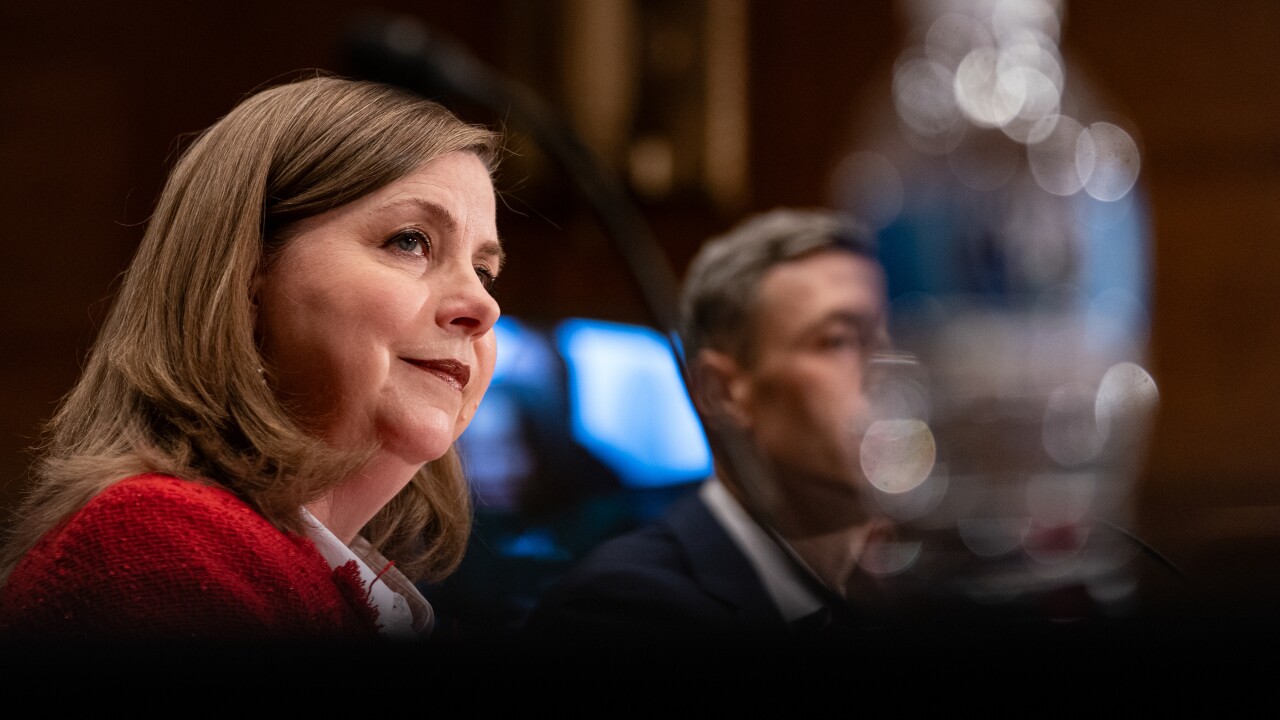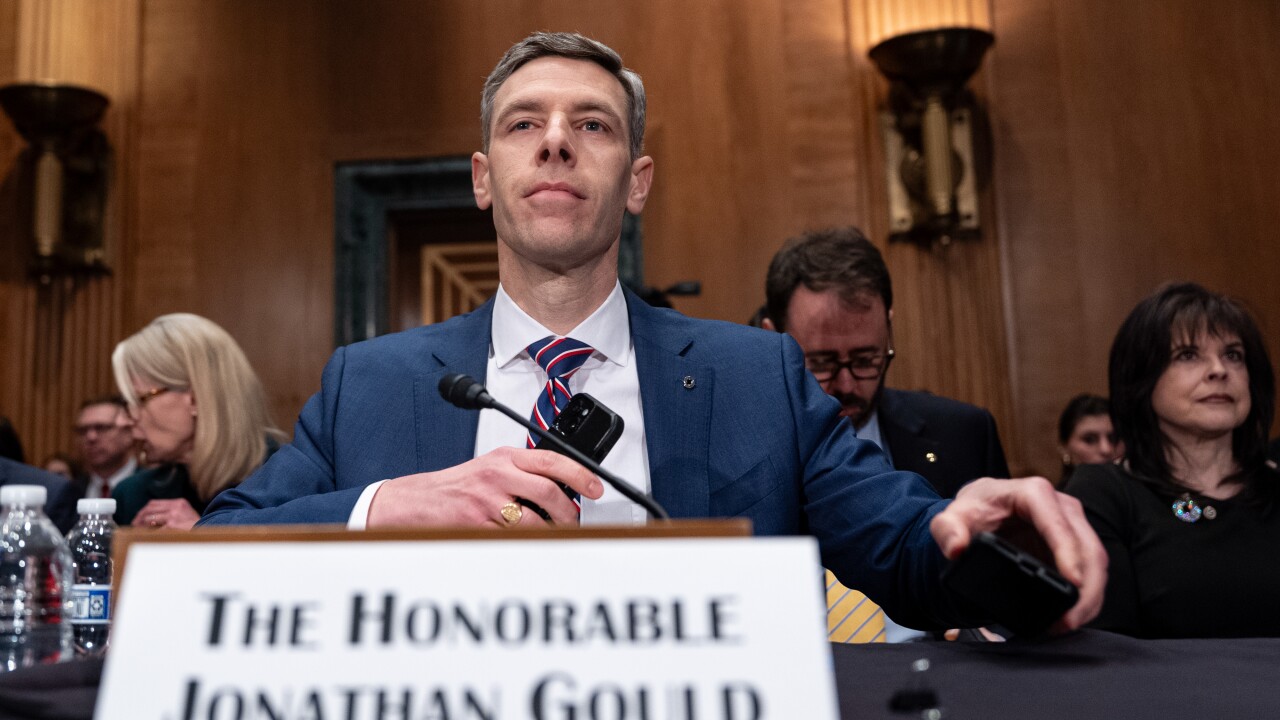That an enormous intergenerational transfer of wealth is set to occur in the near future is well-documented. Less well documented is what credit unions can do to capture some of those funds. A new study from the Filene Research Institute is seeking to change that.
According to the new study, "Inheritances: Who Expects to Leave Money to Heirs?" by Jinkook Lee and William Kelly, with the appropriate background information credit unions can design marketing strategies and plans for trust services.
Data for the study was taken from several on-going projects sponsored by the National Institutes of Health (NIH) to study the over-50 population through time. One facet of the NIH study examines the effect of economic status on the likelihood of leaving bequests. Among other financial questions, the NIH survey asks respondents to estimate the likelihood of their leaving bequests of $10,000 and $100,000.
Among the over-50 population, study authors found that a substantial number of people expect to leave a bequest of significant value-68% are inclined to believe they will leave $10,000 or more and 62% are inclined to believe they will leave $100,000 or more.
The authors combined those who indicate a high probability (70%-99%) of leaving a bequest with those who are certain, and refer to this group as "probably" leaving a bequest. Under this definition they found that about three in five (63%) will "probably" leave a bequest of $10,000, and two in five will "probably" leave a $100,000 bequest. The likelihood and size of bequests are linked to income, financial assets, value of real estate owned, and net worth.
'Consider Establishing A Trust'
"These findings imply that for most people over 50, planning for the transfer of assets and having a will is important. In many cases, they should consider establishing a trust," said Filene's Executive Director, Bob Hoel. "Establishing a will and a trust generally requires the services of an attorney. The credit union might suggest appropriate attorneys, arrange for classes for members on wills and trusts, and follow up with individual meetings. A copy of these documents could be placed in a safe deposit box in the credit union."
Providing a place in the credit union where an attorney could meet with members would also provide a more supportive and less intimidating environment than an attorney's office, the study's authors suggested.
In addition, the authors also said that a credit union employee could assist members with follow-up as needed, such as changing beneficiary designations on life insurance and retirement plans to fit the needs of a trust.
An effective marketing strategy for transfer-related services involves segmenting members based on economic and demographic characteristics. The report provides information to assist credit union marketers in designing services for different member segments and in developing effective marketing plans for each segment,? including development of relationships with beneficiaries and with members planning to leave a bequest.





